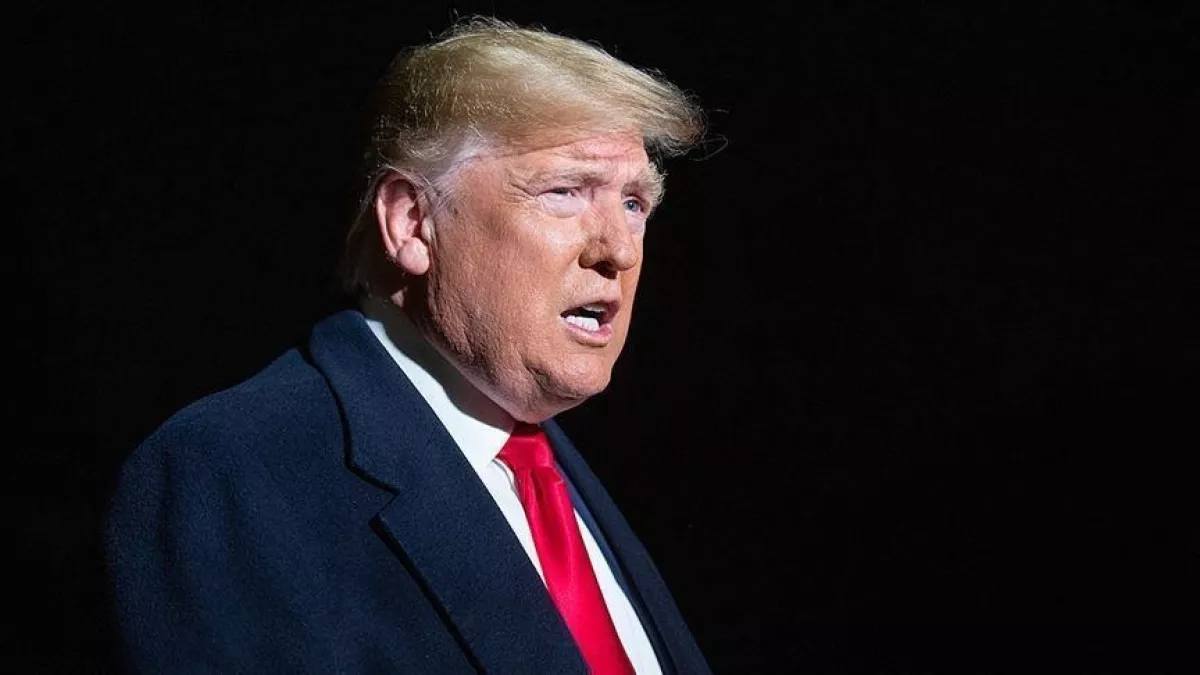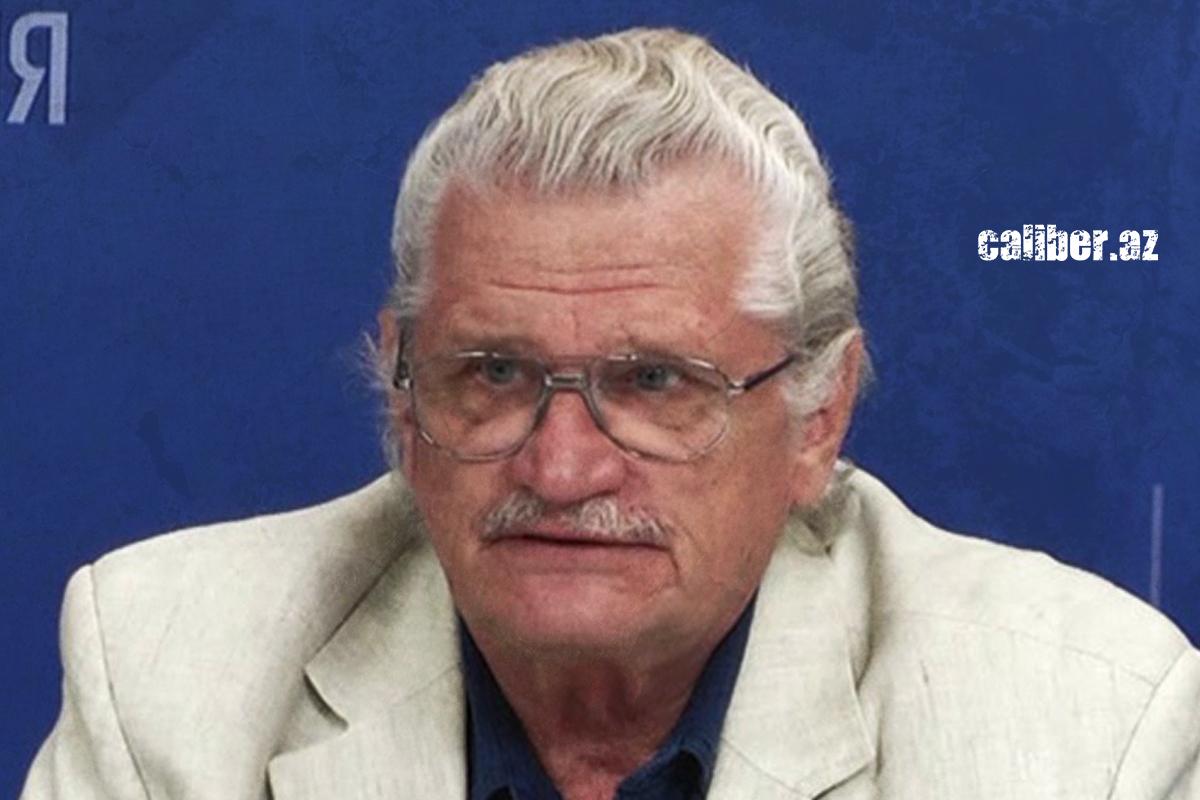Trump's shifting approach to Iran: Deal or military strike? Expert weighs in on Washington’s policy
Several innovations introduced by U.S. President Donald Trump immediately after returning to the White House show that Washington's priorities are undergoing a radical shift. Recall that after his inauguration, Donald Trump signed dozens of executive orders and made 115 personnel decisions related to his campaign promises, reversing the legacy of his predecessor, Joe Biden. Therefore, it is not surprising that international analysts have viewed this as an unprecedented indicator in the history of modern America.
However, aside from Trump's bold executive orders, his statements on Iran deserve particular attention. Last week, the U.S. leader stated that he would like to reach a "Verified Nuclear Peace Agreement" with Iran that would allow the Islamic Republic to "peacefully grow and prosper." The American leader shared this on his social media platform, Truth Social. "I would much prefer a Verified Nuclear Peace Agreement, which will let Iran peacefully grow and prosper. We should start working on it immediately, and have a big Middle East Celebration when it is signed and completed," Trump wrote.
The optimistic post from the U.S. president addressed to the Islamic Republic of Iran seems somewhat out of place, as just a few days earlier (on February 4), Trump signed an executive order reinstating the maximum pressure regime on Tehran. Interestingly, in November 2024, the Financial Times suggested that the new U.S. administration might resume its pressure campaign against Iran. However, just the day before, the American president softened his rhetoric in an interview with the New York Post, stating that he was willing to reach a nuclear deal with Iran.
"I would like a deal done with Iran on non-nuclear. I would prefer that to bombing the hell out of it..." Trump said, adding that if a deal were in place, Israel would not bomb Iran.

The same position was expressed by the U.S. leader in an interview with Fox News, where he confidently stated that a new agreement between Iran and the United States could be reached.
"I think we're gonna make a deal in Iran," Trump said, noting that Iran's air defence capabilities have been significantly weakened, making it more vulnerable and willing to come to the negotiating table.
Notably, the Joint Comprehensive Plan of Action (JCPOA) was signed in 2015 between the U.S. and Iran on one side, and Russia, China, and three European participants (the United Kingdom, France, and Germany) on the other. However, in 2018, it was President Donald Trump who unilaterally pulled the U.S. out of the agreement, and since then, Iran has been progressively increasing its uranium enrichment levels annually.
The new administration in the White House is effectively pressuring Iran to negotiate, and this approach will likely continue through familiar methods of pressure—sanctions. Will Iran agree to negotiate with the U.S.? Most likely, yes. However, it is clear that during these negotiations, the U.S. will demand that Iran abandon its nuclear weapons development, as this is crucial for the West. There is an understanding that if Iran acquires nuclear weapons, it could serve as a catalyst for other Middle Eastern countries to pursue them as well. Therefore, the West will continue its pressure policy on Iran, forcing it to halt its nuclear program.
As a result, the potential outcomes of Iran-U.S. negotiations do not inspire much optimism.

In a discussion on Iran-U.S. relations with a Caliber.Az observer, Vladimir Sazhin, a professor and senior fellow at the Institute of Oriental Studies of the Russian Academy of Sciences and Candidate of Historical Sciences, shared his perspective on the evolving situation regarding Iran.
According to the Russian analyst, the 2015 JCPOA is not capable of ensuring the necessary conditions that would guarantee Iran's inability to develop nuclear weapons.
"The fact is that the JCPOA, adopted in 2015, has essentially become outdated and has exhausted its potential. First of all, the expiration date for most of the points and clauses in the document is set for 2025.
Secondly, after Trump’s withdrawal of the U.S. from the JCPOA in 2018, Iran made a giant leap in the development of its nuclear infrastructure, as well as in uranium enrichment and the creation of the technical and technological capabilities necessary for nuclear weapons development. Today, a ‘nuclear Iran’ is not the same as Iran in 2018. It is clear that Tehran will not dismantle the nuclear achievements it has made between 2018 and 2025 in order to comply with the terms of the 2015 JCPOA. Therefore, a new agreement is needed, one that reflects the current state of nuclear reality in Iran, includes new principles and control mechanisms from the IAEA and establishes new timelines for fulfilling the document’s requirements. But will Iran agree to this?
Currently, Iran is facing an extremely poor economic and financial situation. Of course, Western sanctions are not the only factor negatively affecting Iran’s economy—there are many internal issues—but it cannot be denied that trade and financial restrictions are literally undermining the Iranian economy. Recently, President Trump announced the resumption of ‘maximum pressure’ on Iran, meaning the influence of this factor will intensify. Therefore, negotiations on a nuclear deal are necessary for Tehran.
Although recently the Supreme Leader of Iran, Ayatollah Khamenei, stated that he is against negotiations with the U.S. on the nuclear issue, earlier the President of Iran, Pezeshkian, expressed willingness to engage in talks. Of course, Khamenei’s latest statements can be seen as propaganda and ideological cover for the necessity of negotiations. For Iran, these talks are about lifting sanctions; for the U.S. and the IAEA, it’s about preventing Iran from acquiring nuclear weapons. There is no doubt that the leadership of Iran will do everything possible to maintain its 'ideological face' in the negotiations with its main enemy—the 'Great Satan,' American imperialism," said the expert.
As for the likelihood of military pressure on Iran from the West, the Russian analyst believes that such an option is dangerous not only for Iran but for the entire Middle East. Therefore, despite the propagandistic cover and recent statements by Khamenei, which clearly escalated the situation, negotiations with Iran are necessary.
"And if Tehran really refuses negotiations (which is highly disadvantageous for it for many reasons), then the 'unpredictable Trump' may predictably strike Iran's nuclear facilities, possibly in collaboration with Israel," concluded Sazhin, adding that after Khamenei's statements, the likelihood of an air and missile strike on Iran has increased.








